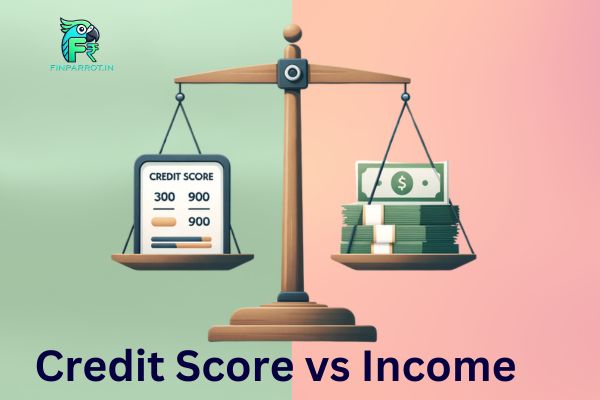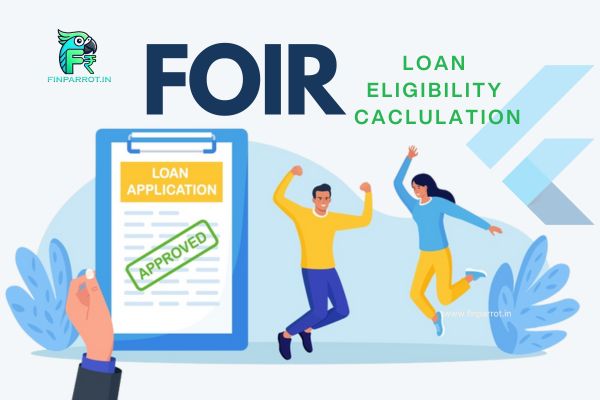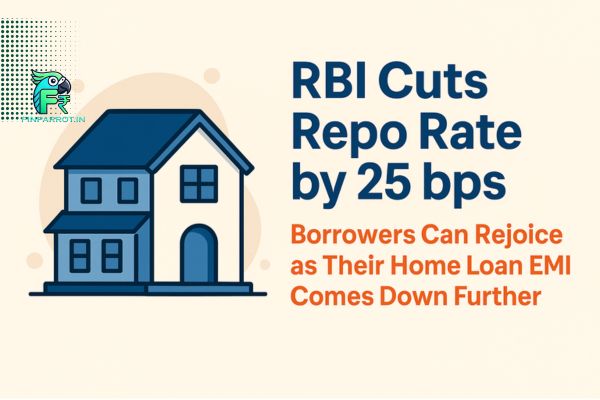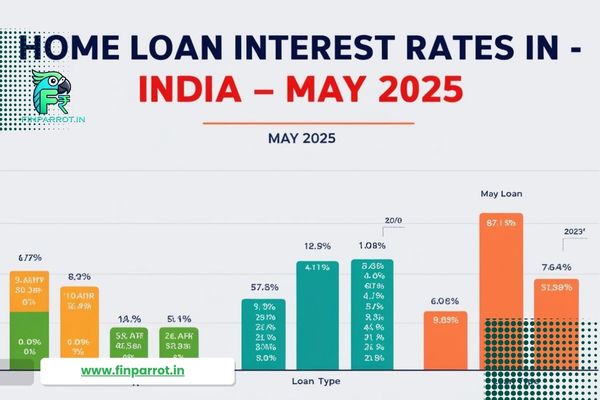Introduction:
Loan applicants must focus most heavily on selecting their loan duration among all other financial aspects. The duration to repay a loan through equated monthly instalments (EMIs) and the borrowed amount with interest form the basis of the loan tenure. Borrowers need to select loan tenure with full consideration because this decision determines their borrowing terms along with eligibility requirements, funding rates, and financial planning capabilities.
A loan tenure that balances properly leads to easy repayment with manageable EMIs, reduced interest amounts, and better financial stability. Selecting an incorrect loan term causes customers unnecessary financial problem. The article discusses the influence of loan duration on loan qualifications, interest structure, and the complete borrowing process. Curious to know “how loan tenure affects your eligibility & interest rates“? Keep reading, we have got you covered!
Hidden loan costs eating your funds? Discover 30 Hidden charges to avoid now.
Impact of Loan Tenure on Loan Eligibility
Loan eligibility remains essential for all borrowers, while the selected tenure influences the extent to which they can obtain loans. Loan applicants are evaluated through lender assessments, which consider their income level along with their liabilities and financial obligations. Your selection of loan tenure either strengthens or diminishes your possibility of getting your loan approved.
Lender assessments typically involve evaluating factors like credit scores, debt-to-income ratios, and employment history.
Shorter Tenure
Higher EMI Payments: The loan duration affects the number of instalments, which results in adjusted higher monthly instalments. Because of shorter loan terms, the total monthly payment becomes heavier.
Lower Risk for Lenders:Lenders choose short-term loans because they create less risk. The short loan duration lets lenders retrieve their funds promptly, allowing them to extend better loan conditions.
Stricter Income Eligibility Criteria: The large amount of EMI payments necessitates a borrower having a higher monthly income. A borrower whose income cannot support comfortable EMI payments will most likely fail to meet the loan criteria.
Longer Tenure
Lower EMI Payments: A loan term that extends across several months divides the payment amount between multiple months to decrease the monthly payment amount. The extended payment period helps borrowers handle loan payments without strain, especially when their income is medium.
Easier Eligibility Due to Reduced Monthly Burden:
The lower EMI amounts allow borrowers with lower incomes to qualify for the loan. The longer loan payment period makes more prospective borrowers eligible for financial assistance because they do not have enough income to handle shorter-term EMI payments.
Increased Chances of Approval: The perception of reduced risk regarding borrowers by lenders leads to better loan approval potential because of smaller monthly payments. The main disadvantage of extended loan payments is increased total interest payments throughout the duration.
Effect of Loan Tenure on Interest Rates
The duration for which a loan continues running directly affects the total interest payment made by borrowers throughout the lending period. Borrowers need to choose between EMI costs that are lower or total interest, accumulating through the full loan term.
Shorter Tenure:
Lower Total Interest Payout: Interest accrual shortens due to the reduced time duration, lowering the cumulative interest payment amounts. Therefore, the total financial cost to borrow remains reduced.
For example, a ₹1,00,000 loan at 10% interest will accrue less total interest over 3 years compared to a longer term.
Higher Monthly EMI:A brief loan duration leads to noticeably higher payments between EMIs. With this loan structure, the monthly expense rises, but the total loan cost becomes lower.
Lower Overall Borrowing Cost: The short duration during which interest accrues compounded creates a lower total interest expense. Short-term loans present a better financial value to borrowers who can handle elevated monthly EMIs.
Longer Tenure
Higher Total Interest Payout: Increased loan duration results in larger accumulated interest during this period. Higher total borrowing expenses develop even though each EMI payment remains lower.
For example, extending the same ₹1,00,000 loan at 10% from 3 years to 5 years will result in a significantly higher total interest payment.
Lower EMI but Increased Cost Over Time
When borrowers extend their repayment term, they receive lower monthly instalments, yet they must compensate for this arrangement by spending more interest during the whole repayment period.
Potential for Higher Interest Rates
Some lenders increase their interest rates for extended loan durations because the chance of borrowers defaulting grows throughout the period. Elevated interest payments increase loan costs. Finding the correct loan period helps borrowers maintain perfect borrowing conditions.
It should be noted that in some loan types, short terms can also have a higher interest rate due to increased perceived risk by the lender.
Deciding on the perfect residential period demands a thorough evaluation of diverse monetary components. Homebuyers need to calculate their repayment abilities, financial standing, and planned financial objectives when picking the payment duration.
Evaluating Affordability and Financial Stability:
People must examine their regular income and spending to establish an appropriate limit for their EMI payments, preventing disruption of their money goals.
A reserve amount of funds should remain alongside savings for unpredictable costs arising during the loan period or general financial difficulties.
Specifically, calculate your debt-to-income ratio and ensure you have an emergency fund covering several months of expenses.
CIBIL score a mystery? Stop believing these 7 CIBIL score myths that could cost you your loan.
Choosing Between Lower EMI vs. Lower Interest Payout
A borrower should opt for a reduced loan period for minimum loan expenditure reduction.
The right term selection for borrowers who want flexible finances would be a longer repayment period.
Prepayment and Part-Payment Options to Reduce Tenure:
Any borrower can make full or partial loan payments whenever they possess additional funds.
Early payment of principal money during the loan period helps decrease total interest costs while shortening the loan duration.
FAQ’s
If I receive a large sum of money, should I use it to shorten my loan tenure?
Yes, using a windfall for prepayment can significantly reduce total interest and shorten your loan term, saving you money in the long run.
Can I consolidate several small loans with varying tenures into one loan with a single, longer tenure?
Yes, loan consolidation can combine loans and potentially extend the overall tenure, but carefully compare the new loan's interest rate and terms.
Conclusion
The selection between different loan periods directly affects the borrowing costs, approval eligibility, and the borrower’s general loan experience. The benefit of short-term loans is reduced interest payments, but borrowers need to pay larger amounts monthly. Early loan exit options become more feasible during longer tenures, yet such plans result in a higher accumulation of total interest expenses.
Different borrowers should analyse their economic standing, projected earnings, and planning objectives before picking their loan payment duration. Novel payment approaches between prepayment and part-payment allow borrowers to improve loan repayment through reduced financial burdens, which in turn leads to reduced borrowing expenses. When borrowing money, people should choose loan periods that match their budget, resulting in wise financial choices. Hope you are now clear about how loan tenure affects your eligibility & interest rates. Different loan types, such as personal loans, mortgages, and car loans, have varying standard loan term lengths, which should be considered during the decision-making process.
No salary slip? Don’t give up! Expert tips to get your loan approved anyway.















